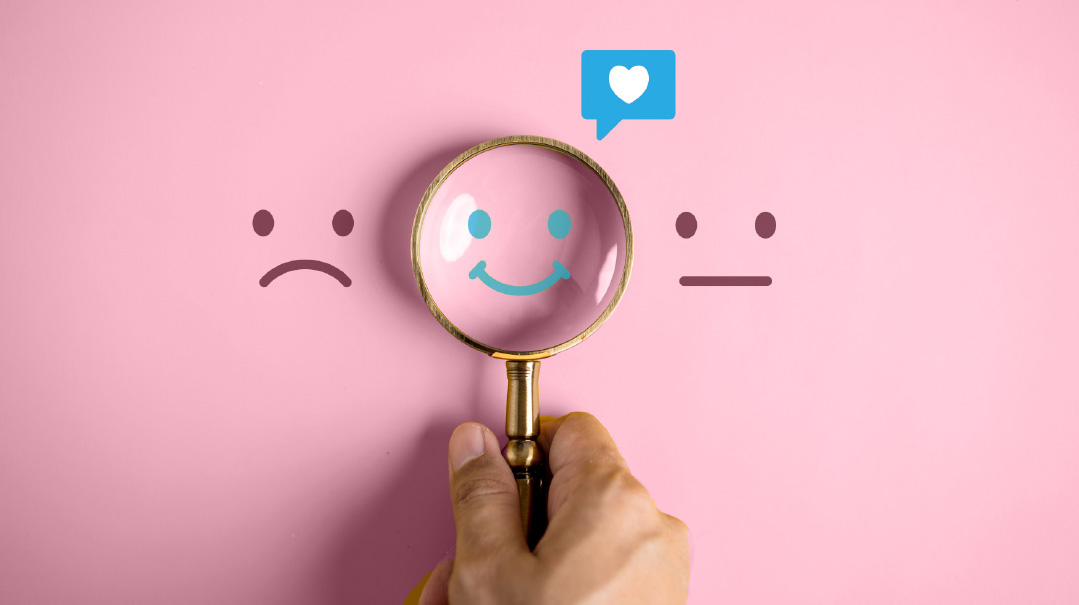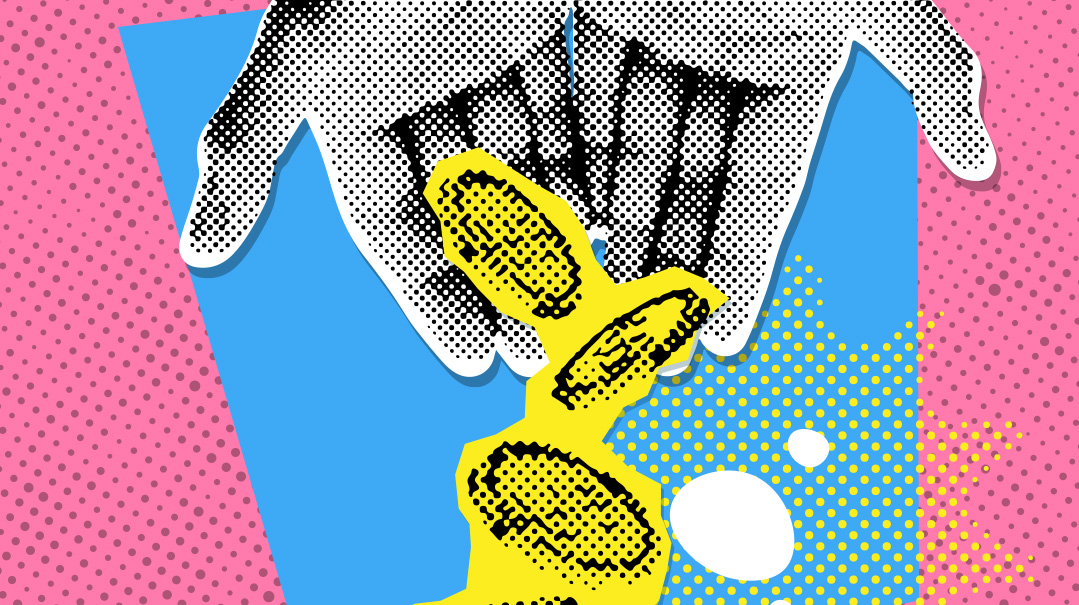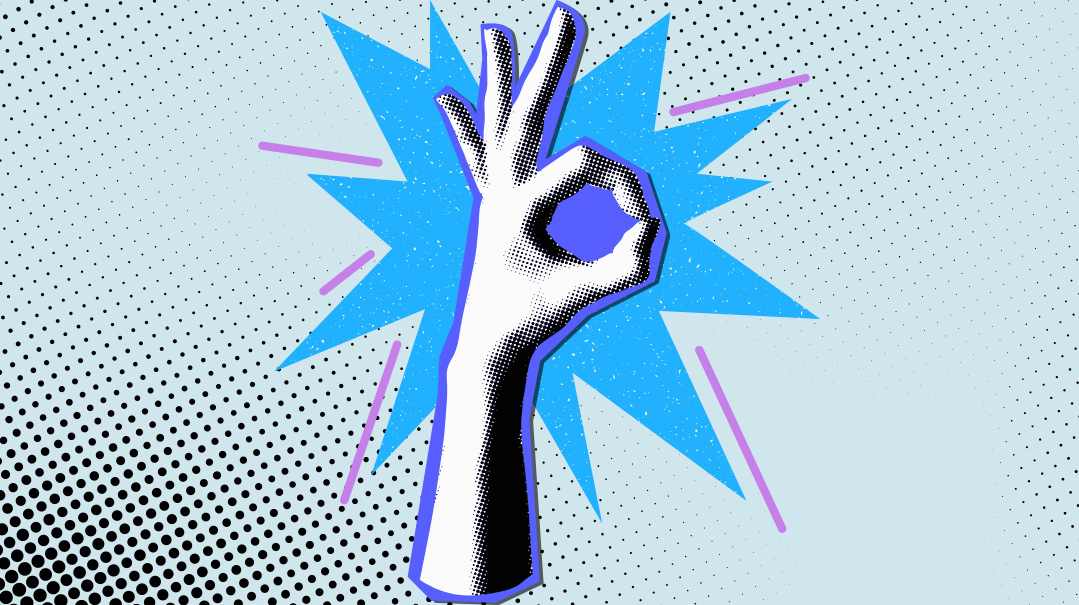Heart to Heart
| August 8, 2023The question is, how does interacting with a horse help you heal? Science may have the answer — and it begins in your heart.

Heart to Heart
Shoshana Schwartz
Balance, coordination, strength… it’s easy to understand how horseback riding can be an effective aid for physical disabilities. But therapeutic horseback riding isn’t just for physical issues. In Israel, the health funds subsidize therapeutic riding lessons for kids with ASD, ADHD, and many other social, emotional, or behavioral issues. Besides the empowerment of directing a creature that’s ten times your size, you immediately begin practicing frustration tolerance, delayed gratification, obeying rules, paying attention to social cues, and more.
In other parts of the world, equine-assisted therapy (or hippotherapy) generally takes place on the ground, not up on the horse. Studies have demonstrated that interacting with horses can reduce blood pressure, heart rate, anxiety, stress levels, and feelings of anger, while increasing feelings of trust, empowerment, and self-efficacy.
The question is, how does interacting with a horse help you heal? Science may have the answer — and it begins in your heart.
If your pulse is 60 beats per minute, that doesn’t mean your heart is beating exactly once every second. The interval between beats actually varies, hence the term heart rate variability, or HRV. When there’s more variability between beats (as can easily be seen on an electrocardiogram, or ECG) you have high HRV; when there’s less variability, you have low HRV. Sustained high HRV typically indicates greater physical resilience and emotional regulation.
Like the brain, the heart has its own electrical system, which produces an electromagnetic field. According to the HeartMath Institute, the heart’s field is over 100 times stronger than that of the brain, and it extends out three feet from the body. When another person is close enough to this magnetic field, it can affect them, whether or not they’re consciously aware of it. This might explain how we can sense other people’s moods and emotions without consciously analyzing their body language or expression.
On an ECG, when the graph of the heart rhythm looks smoother, the heartbeat is more “coherent” (ordered); when it’s less smooth, the heartbeat is less coherent (erratic or disordered). Coherent rhythms are associated with joy, calmness, love, and other positive emotions, along with resilience — the ability to quickly recover from stressful situations and be restored to calmness.
A horse’s HRV is generally higher than that of humans, and is also more coherent. Horses are highly sensitive to their surroundings. They are extremely quick to flee from danger, and they recover quickly as well, reverting back to their general state of calm.
Because a horse’s heart is roughly five times the size of a human heart, their electromagnetic field is proportionally that much larger. Therefore, the horse’s calm, coherent, resilient state of being can influence that of humans (imagine a large energy field subsuming a smaller one), enveloping you in their soothing aura.
Not everyone is cut out to ride a horse, but just spending time around horses can regulate your emotional state, leaving you calm and present.
Shoshana Schwartz specializes in addiction and codependency. She gives in-person and online addiction prevention lectures and workshops to education and mental health professionals, community leaders, and parent groups, as well as 12-Step workshops for non-addicts.
The New Normal
Hadassah Eventsur
Do you ever feel like you just can’t manage daily tasks? Are you always running late and have difficulty remembering appointments? Are you easily distracted? Do you tend to react, blurt things out, or easily lose your temper? Do you mask these symptoms, trying to put up a front that “you have it all together”? You may be neurodivergent, the term used when someone’s brain processes, learns, and/or behaves differently from what is considered “typical.”
There are many different types of neurodivergence, and they are typically, but not always, associated with some of the following diagnoses: ADD/ADHD, dyslexia, autism, bipolar disorder, anxiety, and depression.
When someone is neurodivergent, they likely struggle with their executive functioning skills, a toolkit which includes skills like emotional regulation, working memory, planning, regulating attention, and impulse control.
Let’s look at the executive functioning skills required for the “simple” task of taking a shower: Keeping track of how much time is available to shower (time management); remembering to get a towel (working memory); feeling overwhelmed by having another task to do (emotional regulation); getting sidetracked with a different task (regulating attention). All that for a shower!
Until now, the neurodivergent brain was thought to be an abnormality. But more current research has led to the understanding that there is no such thing as an average brain. If you build a theory about thought, learning, or personality based on an average brain, then you have created a theory that applies to no one.
Instead of viewing neurodivergence as an illness, experts are now viewing it as a different way of learning and processing information. This idea is called neurodiversity, and it recognizes that both brain function and behaviors simply show how diverse the human population is.
People with neurodivergence have many strengths, and can accomplish so many things by using their creative and out-of-the-box thinking. But the truth is that our heavily scheduled and time-based culture make things more challenging for people with neurodivergence.
To help you understand why you struggle with daily care tasks, begin by choosing a specific chore, such as showering, packing your kids’ lunches, dishes, laundry, etc. Now, break the task down into steps. Doing this can give you important information such as which step causes me to feel resistance, overwhelm, or anxiety.
It can also bring recognition as to the complexity of the myriad of daily tasks, so you can be more compassionate with yourself as you learn new strategies in your journey to growth.
Hadassah Eventsur, MS, OTR/L is a licensed occupational therapist with over 20 years of experience, and a certified life coach in the Baltimore, MD area. She is currently working on creating support groups to provide community education and strategies for frum women who struggle with executive functioning and managing the care tasks of life. She can be contacted through Family First.
Savoring Summer
Zipora Schuck
Can’t get away this summer? Work schedule the same? Feel like the day-to-day routine doesn’t seem refreshing?
Practice summer mindfulness.
Do one thing every day that makes you feel summer — drink an iced coffee, make a barbecue, serve supper outside picnic-style, stop and smell the roses, swim, enjoy the sensation of the sun warming you when walking outside, take even ten minutes to do something that feels relaxing, or just enjoy the kids’ excitement about day camp.
Each evening, jot down how you summered that day. When fall comes around you’ll have that list to give you wonderful memories of how you enjoyed and relaxed, without leaving home.
(Originally featured in Family First, Issue 855)
Oops! We could not locate your form.







